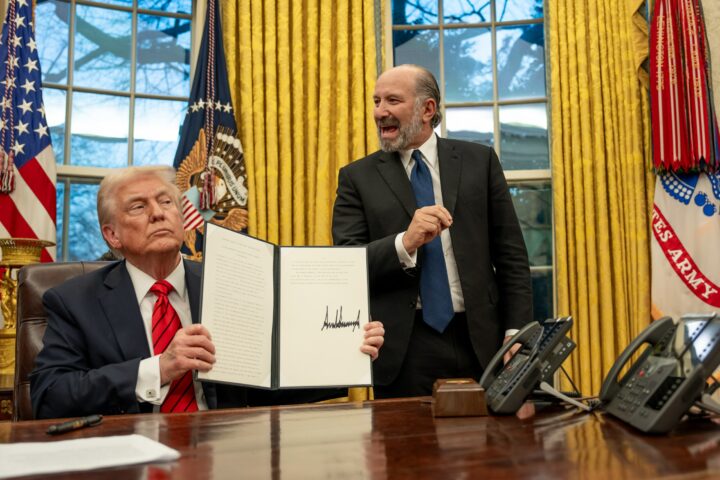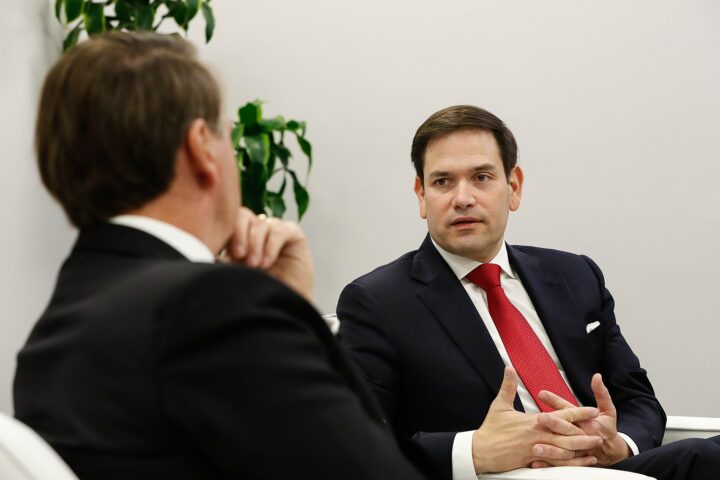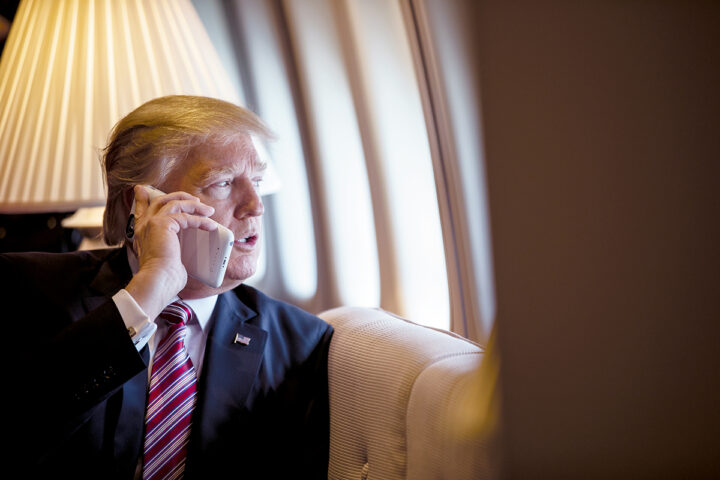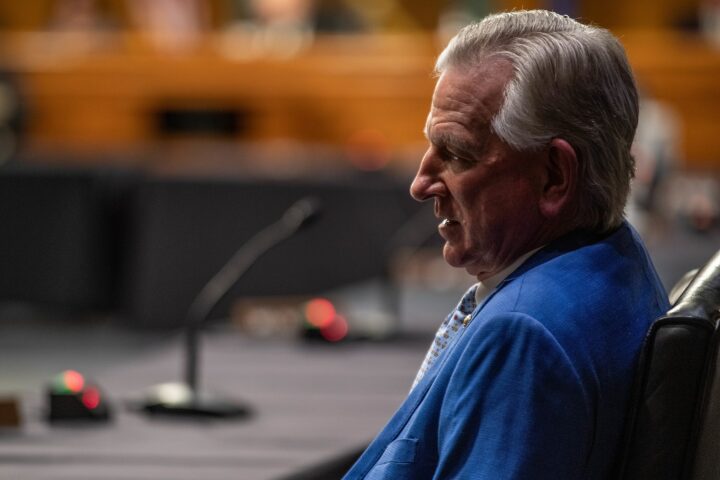A moment of tension surfaced during a televised panel discussion on CNN this week when commentator Ana Navarro reportedly openly challenged the authority of a fellow panelist, characterizing his perspective as emblematic of a narrow subset of opinion in America.
The exchange ignited fresh debate over the dynamics of race, representation and legitimacy in political discourse.
During the segment, the panel was discussing recent developments in voting rights. Mr. Navarro interrupted, saying, “I’m tired of a white man’s opinion being considered the default special sauce in Washington.”
Her blunt remark prompted palpable reaction in the studio, leading to a momentary silence before discussion resumed.
“To me, it’s always about whose voices we elevate,” Ms. Navarro continued, explaining that systemic inequality often favors certain viewpoints simply by virtue of identity.
“We have to ask: Who are we centering?” the commentator said, questioning whether dominant cultural frames were unduly shaping public policy.
Panelists offered differing reactions. One conservative commentator responded that critiques framed by a person’s identity risked sliding into exclusion rather than encouraging broad-based unity.
Another noted that invoking race to delegitimize someone’s views might undermine substantive policy discussions.
Ms. Navarro, a Cuban-American and long-time critic of President Trump, defended her woke interjection as somehow a challenge to long-standing norms.
“It’s not about discounting his views because he’s white — it’s about alerting us to the unconscious channels through which certain voices hold more weight,” she said.
In the days following, clips of the exchange went viral on social media, reigniting long-standing clashes over who is regarded as a credible voice in public debate.
Liberal supporters praised Navarro for exposing hidden power structures. Critics, however, accused her of using identity as a means of silencing dissenting perspectives and inflaming partisan divisions.
Academics and commentators weighed in, with some arguing that Navarro’s comments underscored persistent inequities in how media platforms amplify voices. “Representation matters, but so does nuance,” one media ethicist remarked. “The question is how we elevate marginalized voices without disqualifying others.”
Democratic operatives argue that Navarro’s remarks amplify a longstanding theme within their coalition—elevating voices of color and women.
Meanwhile, Republicans and centrists expressed concern that accusations of inherent bias could fuel broader backlash.
For now, Ms. Navarro’s racist on-air challenge has become a flashpoint in an ongoing national conversation about race, representation and the boundaries of acceptable discourse.
[READ MORE: Megyn Kelly and Ben Shapiro Have Heated Clash Over Epstein Files]








